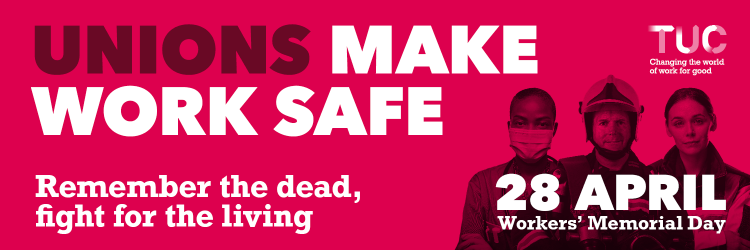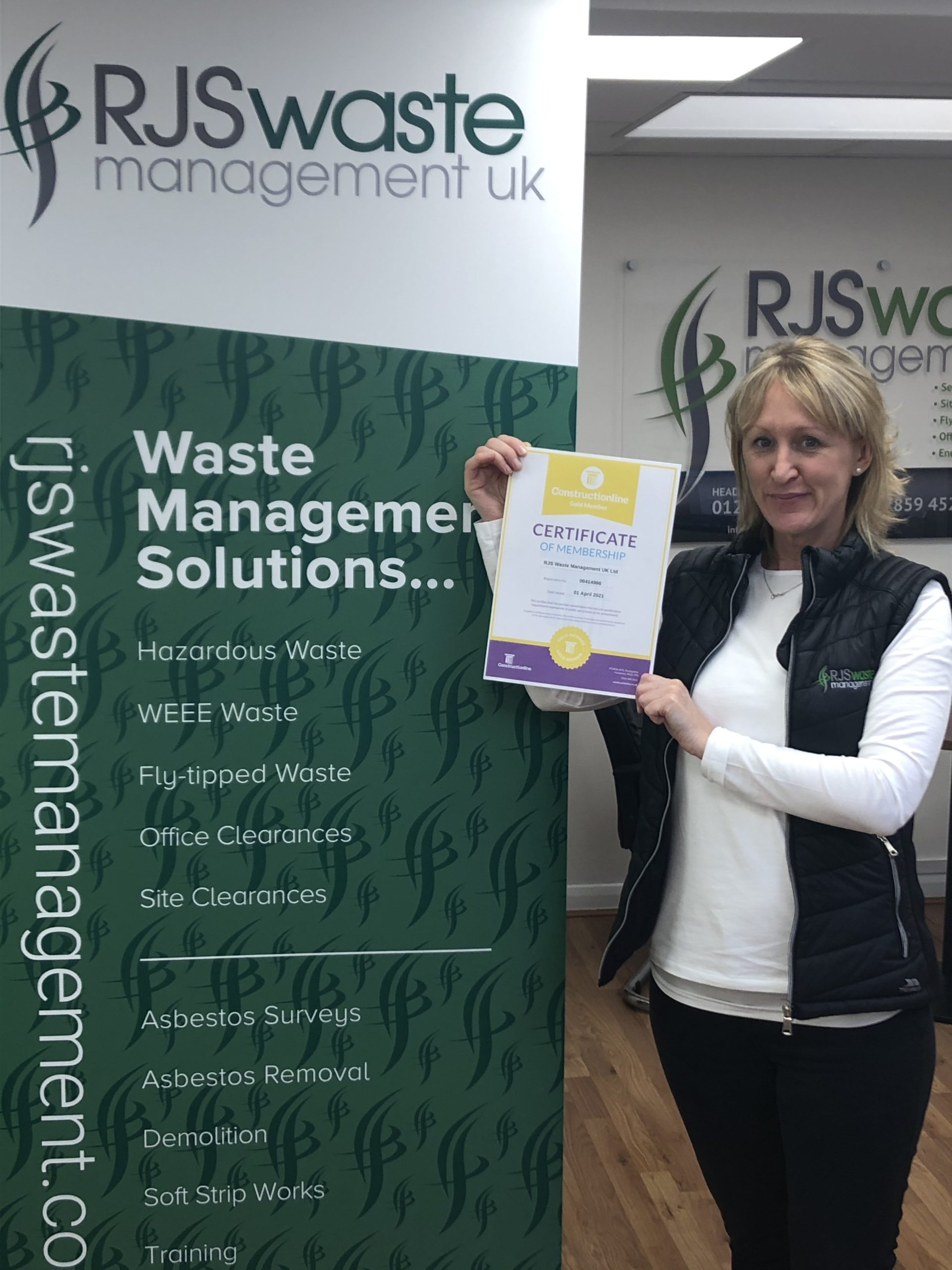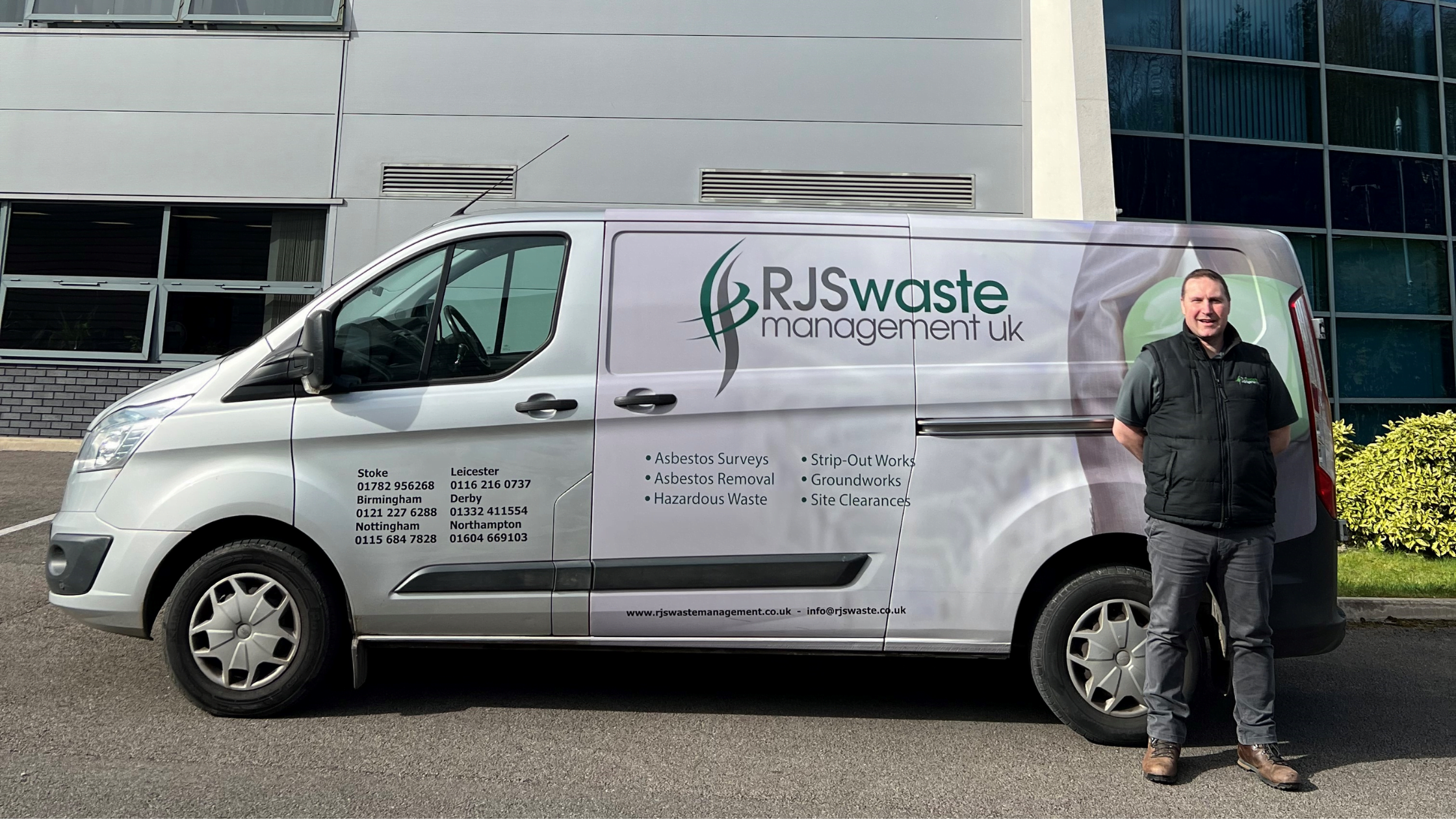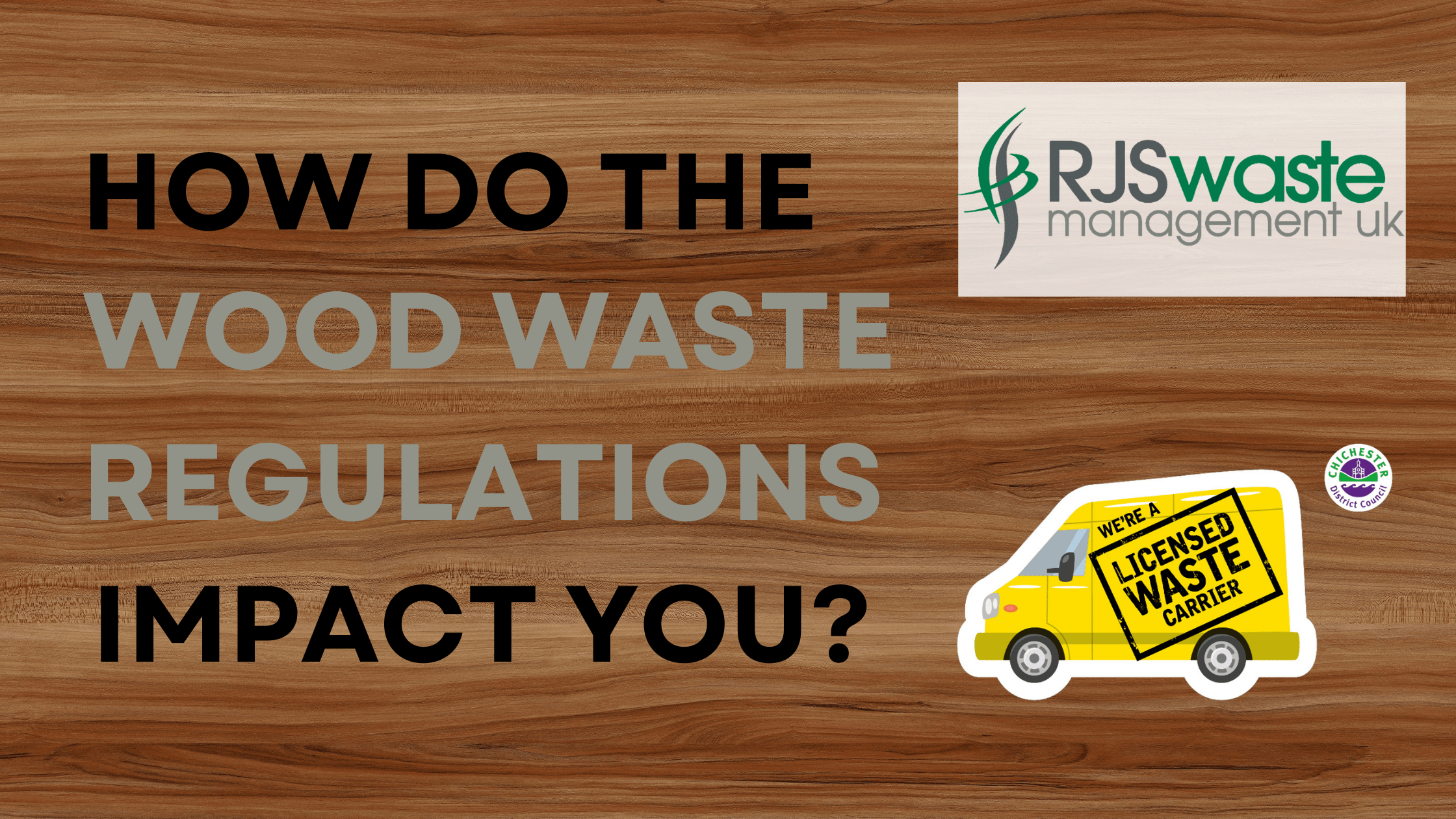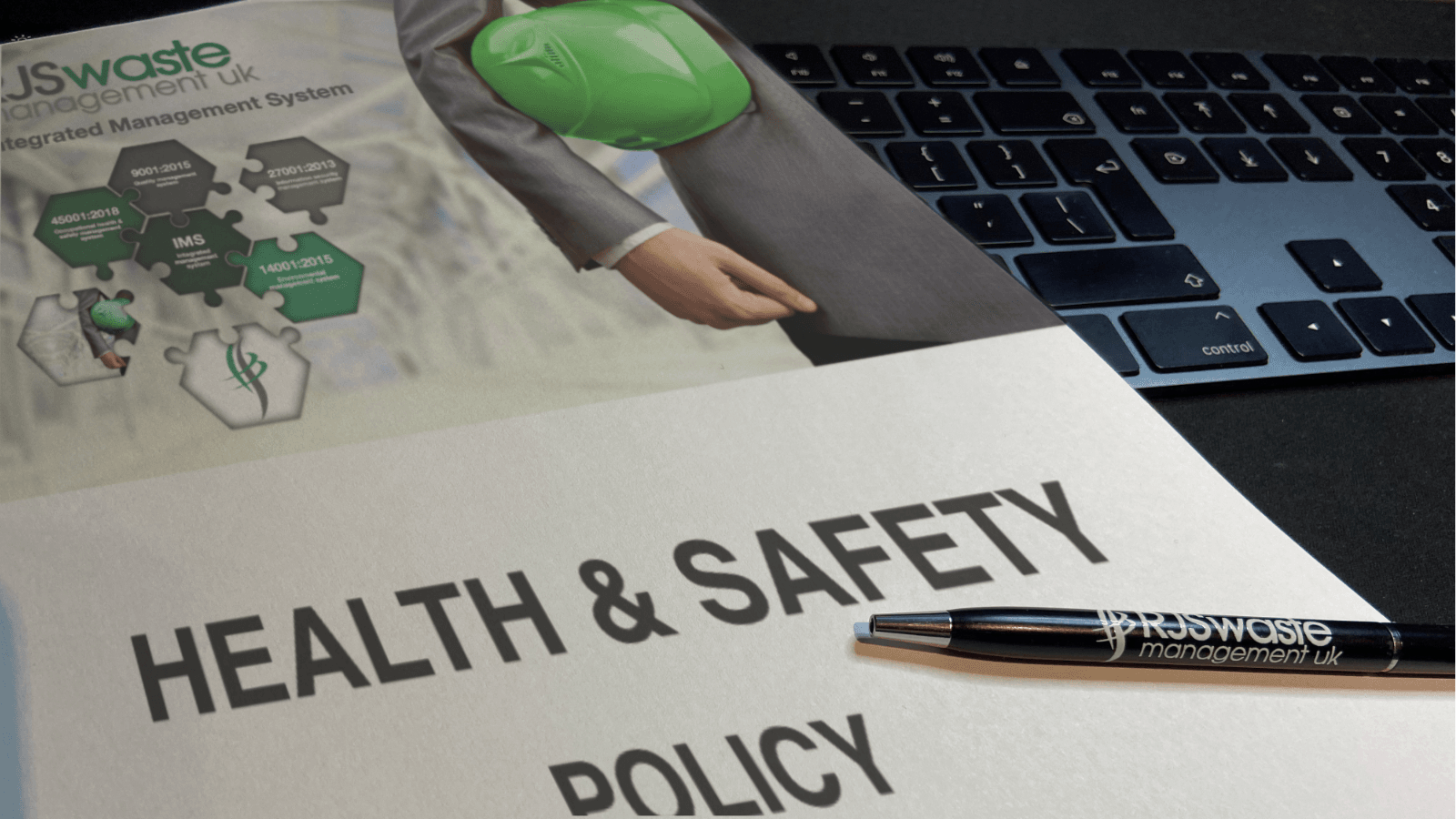
What is World Day for Safety and Health at Work?
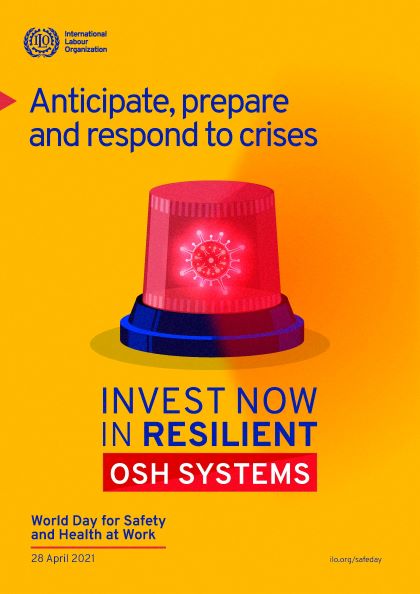 Started by the International Labour Organization (ILO) 2003, World Day for Safety and Health at Work (28 April) raises awareness for the prevention of accidents and diseases at work. It also utilises the ILO’s traditional strengths of tripartism and social dialogue (see below).
Started by the International Labour Organization (ILO) 2003, World Day for Safety and Health at Work (28 April) raises awareness for the prevention of accidents and diseases at work. It also utilises the ILO’s traditional strengths of tripartism and social dialogue (see below).
At the core of the ILO’s Global Strategy on Occupational Safety and Health, the international annual observance highlights the need to promote a health and safety culture to help reduce the number of work-related deaths and injuries and to raise the political profile of this culture.
What’s more, since 1996, 28 April has been the International Workers’ Memorial Day (IWMD) organised by the trade union movement. What better day is there to promote the prevention of occupational accidents and diseases globally? Especially when you consider the amount of work-related asbestos illnesses and deaths that still plague us and new threats such as the COVID-19 pandemic, which has very much affected occupational safety and health (OSH).
Tripartism and social dialogue concerning safety and health at work
Quite simply, Wikipedia defines tripartism as: “economic corporatism based on tripartite contracts between employers’ organizations, trade unions, and the government of a country. Each is to act as a social partner to create economic policy through cooperation, consultation, negotiation, and compromise”.
While on the role of social dialogue and tripartism, regarding health and safety in the workplace, the ILO says: “Effective social dialogue between governments, employers’ and workers’ organizations, and sound industrial relations, are means to promote social justice, inclusive economic growth, improved wages and working conditions and sustainable enterprises. As instruments of good governance at all levels from the local to the global, they foster an enabling environment for the realization of decent work for all”.
The RJS Waste Management whole-heartedly agrees with the ILO’s take on accountability for prevention of occupational accidents and diseases: “Each of us is responsible for stopping deaths and injuries on the job. As governments we are responsible for providing the infrastructure — laws and services — necessary to ensure that workers remain employable and that enterprises flourish; this includes the development of a national policy and programme and a system of inspection to enforce compliance with occupational safety and health legislation and policy. As employers we are responsible for ensuring that the working environment is safe and healthy. As workers we are responsible to work safely and to protect ourselves and not to endanger others, to know our rights and to participate in the implementation of preventive measures”.
How we support safety and health at work
RJS Waste Management is committed to improving health and safety at work for its employees, suppliers and clients. The main ways that we contribute to an all-round safer occupational environment are by providing:
- Asbestos surveys carried out by British Occupational Hygiene Society (BOHS) P402 certified surveyors in accordance with industry regulations
- Waste carrier licenced and fully-insured removal of hazardous waste including asbestos, fly-tipped waste and WEEE
- Safe site-clearances, soft-stripping and demolition services for the commercial and domestic sectors
- Health and safety courses for the construction industry, including an asbestos awareness course.
- Continued safety and health at work development for our team of waste management experts
Our business and compliance manager, and very own health and safety executive, Samantha James says:
“RJS Waste Management employees are highly trained and take health and safety very seriously. We have already gained both Constructionline Gold and CHAS health and safety accreditations. We are now in the process of gaining Occupational Health and Safety ISO 45001:2018. This standard provides a framework to manage and continuously improve occupational health and safety within RJS Waste Management.
By adopting a systematic approach and including worker participation, we will integrate OH&S within our business processes. This will further contribute to the prevention of accidents as well as long-term and short-term ill health effects. We continuously aim to develop a positive safety culture leading to worker wellbeing. In doing so, we monitor, audit and review our policies and processes. We work to improve the system including on-going risk assessment and review of compliance obligations, regulations and standards. This approach provides RJS Waste Management with both assurance and business continuity.
One example is our commitment to the health and wellbeing of our employees, customers and suppliers during this difficult time. You can find the Coronavirus (COVID-19) policy on our website”.
Contact us today for your health and safety at work peace of mind
Whether you’d like an asbestos survey for a building demolition in Oxfordshire or you suspect you have fly-tipped hazardous waste on your Hampshire land and you’d like us to remove it, contact RJS Waste Management for a quotation. Health and safety are at the forefront of everything we do.

